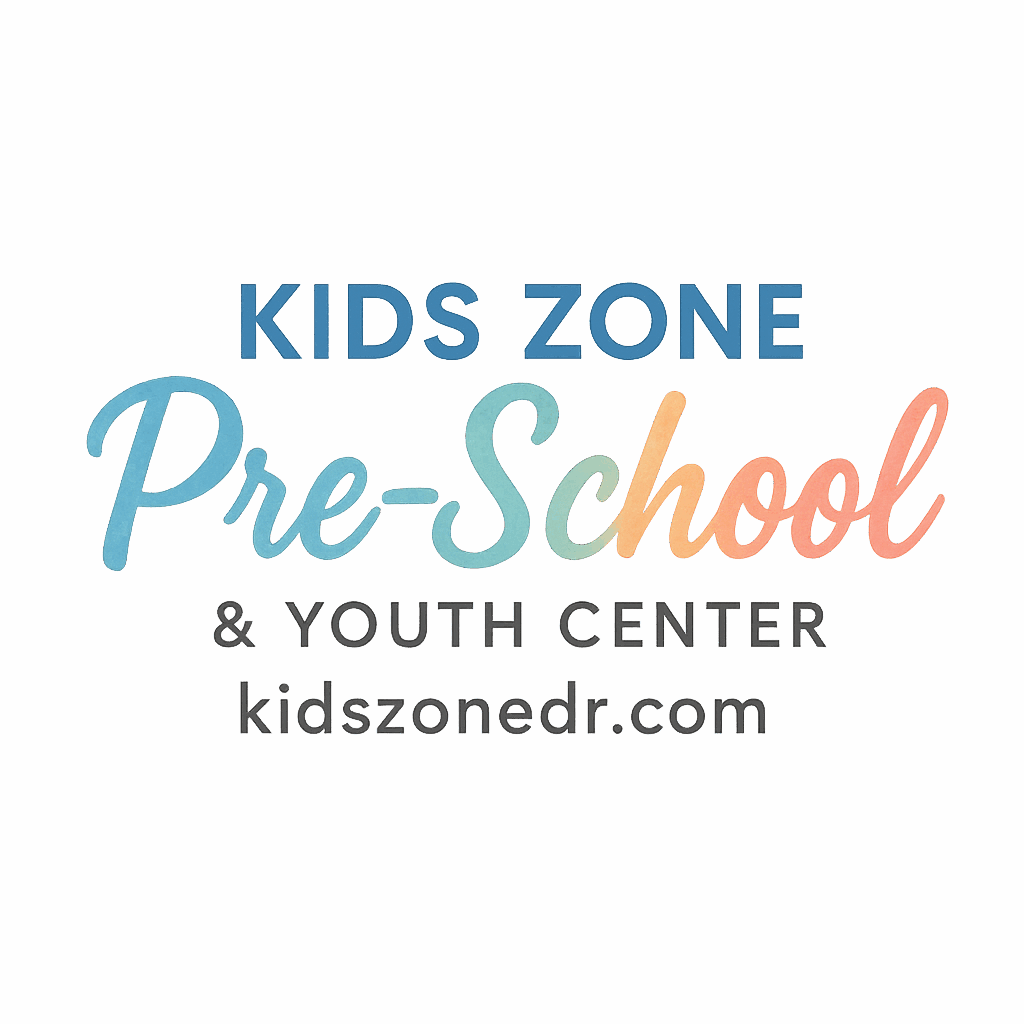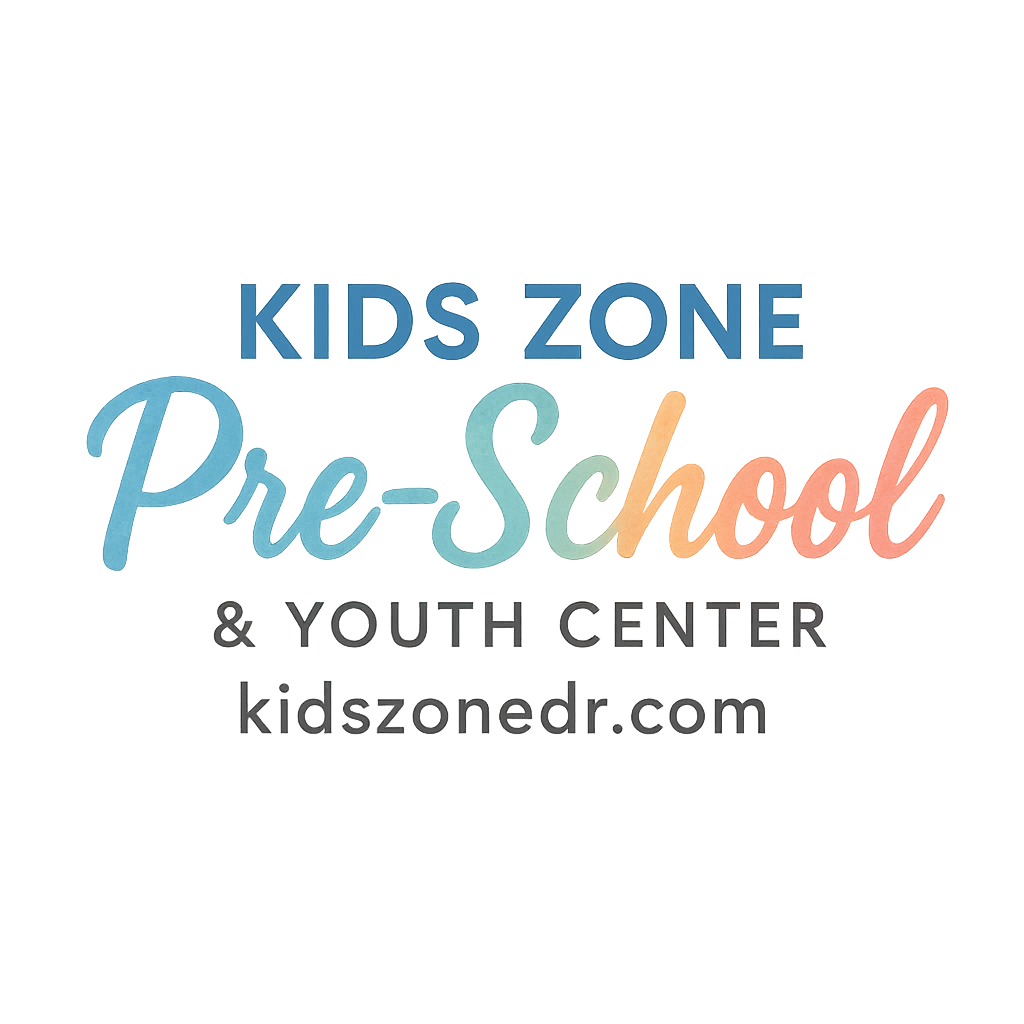Introduction
As parents, we all want our children to thrive, especially when it comes to their development in a preschool setting. However, parenting isn’t always a one-size-fits-all journey, and every child has unique needs and behavioral tendencies. That’s where preschool teachers come in. With years of experience working with young children, teachers have gained valuable insights into how parents can support their child’s behavior both in and out of the classroom.
In this article, we’ll explore the 10 behavior tips that preschool teachers wish all parents knew. These tips will not only help your child navigate preschool more successfully but will also strengthen the bond between you and your child, while fostering a supportive home environment. For more information about preschool learning and development, feel free to explore our related article.
Why Understanding Preschool Behavior is Important
Understanding how preschool-aged children behave is crucial because it sets the stage for their future interactions with peers and adults. Preschool is the first structured environment many children encounter, and their behavior during this time can significantly influence their social, emotional, and academic development. Check out our article on choosing the right preschool for more tips on selecting the best environment for your child.
The Role of Parents in Shaping Behavior
Parents play an essential role in shaping their child’s behavior. Preschool teachers often highlight the importance of a collaborative effort between parents and teachers to ensure the child’s behavior is aligned with both the home and classroom environments. This partnership is a key to helping children thrive. Learn more about parental guidance and involvement in early childhood education.
1. Be Consistent with Expectations
The Importance of Consistency in Early Childhood
Children thrive when they know what to expect. When parents set consistent rules and behaviors, children feel secure and know what is expected of them. Preschool teachers often report that children whose parents are consistent in their expectations tend to show better behavior in school. The predictability creates a safe environment for them to explore, learn, and grow. For more on how consistency impacts a child’s development, refer to our article on daily routines and activities.
How Consistency Enhances Behavioral Development
Consistency in expectations helps children internalize routines and responses. This means they’re more likely to follow rules, whether it’s at home, school, or elsewhere. When children see consistent consequences for their actions, they begin to understand cause and effect, which aids in emotional regulation.
2. Set Clear Boundaries and Limits
Why Boundaries Help Preschoolers Feel Secure
Boundaries provide a framework that makes children feel secure. Knowing there are clear limits to their actions can make children feel more in control and less anxious. Preschool teachers often mention that children who have well-established boundaries are more confident in their interactions with others. Discover more about health and safety in preschool to ensure a safe, supportive environment for your child.
Practical Ways to Set Boundaries
Setting boundaries isn’t about being harsh; it’s about being firm and clear. For example, explaining why certain behaviors are not acceptable (e.g., hitting or yelling) and guiding children towards more appropriate ways to express themselves (e.g., using their words or asking for help). To learn more, explore our tips on daily schedules and routines.
3. Encourage Positive Reinforcement
What is Positive Reinforcement?
Positive reinforcement is the act of rewarding a child when they display desirable behavior. This can be through verbal praise, stickers, extra playtime, or even a simple “good job!” Preschool teachers find that children respond well to this method because it focuses on reinforcing what they’re doing right rather than what they’re doing wrong. For more on reinforcing positive behavior, check out features of a successful preschool.
Effective Ways to Reinforce Good Behavior
When your child cleans up after themselves or shares with a friend, be sure to praise them for it. Specific, timely praise helps reinforce the behavior. Saying things like, “I love how you helped your friend today!” or “You did a great job cleaning up your toys” motivates children to continue behaving positively.

4. Understand the Power of Praise
Why Praise is Vital for Preschoolers
At a young age, praise is a powerful tool for encouraging good behavior. Preschoolers are still developing self-esteem, and hearing positive feedback from parents and teachers boosts their confidence. This makes them feel valued and capable. Want more ideas on how to support your child’s growth? Check out parenting strategies for effective praise.
The Best Ways to Praise Your Child
Instead of generic praise like “You’re so good,” be specific. For example, say “I’m proud of how you shared your toy with your friend!” This helps your child connect the behavior to the praise and understand what actions are being rewarded.
5. Model Appropriate Behavior
Children Learn by Watching Adults
Preschoolers are keen observers and tend to mimic the behaviors they see in adults. This makes it essential for parents and teachers to model the behaviors they want to see in the child. Whether it’s how to resolve conflicts, share toys, or express feelings, children look to adults as role models. Learn more about how to build confidence in preschoolers.
How to Be a Positive Role Model
Set an example by managing your own emotions, speaking kindly to others, and demonstrating positive behaviors. If a conflict arises, show your child how to handle it calmly and respectfully. They’re more likely to imitate this behavior in their own interactions.
6. Keep Routines Predictable
Why Predictable Routines Help with Behavior
A predictable routine provides structure that helps preschoolers feel secure. When children know what to expect throughout the day, they are less likely to act out due to uncertainty or anxiety. A solid routine can be a game-changer. Learn more about healthy eating habits for establishing positive routines.
Creating a Positive Routine at Home
Establish a regular routine for meals, playtime, bedtime, and other activities. Use visual schedules or simple charts to help your child understand the flow of the day. This helps them know what to expect next and reduces anxiety about transitions. For more guidance on how routines impact learning, visit our article on preschool learning and development.
7. Foster Emotional Intelligence
What is Emotional Intelligence?
Emotional intelligence (EQ) refers to a child’s ability to identify, understand, and manage their own emotions, as well as the ability to empathize with others. Children with high emotional intelligence tend to have better social interactions and are less likely to engage in disruptive behavior. Check out our resources on helping children talk about their feelings for more information on emotional intelligence.
How Emotional Intelligence Helps with Behavior
By encouraging your child to talk about their feelings and teaching them how to express themselves appropriately, you help them develop emotional regulation skills. For example, teaching them to say “I’m feeling frustrated” instead of lashing out. Discover more about the importance of social-emotional development.
8. Use Redirection Instead of Punishment
Why Redirection is More Effective than Punishment
While punishment may stop undesirable behavior in the short term, redirection helps children learn more positive alternatives. Preschool teachers often find that children who are redirected toward appropriate activities or behaviors are more likely to repeat those behaviors. Want to learn more? Check out preschool classroom strategies for tips.
Practical Examples of Redirection
If a child is throwing a tantrum because they want a toy, you might redirect their attention to another activity, such as a puzzle or a drawing, to help them calm down. This technique encourages self-regulation.
9. Communicate Effectively with Your Child’s Teacher
Why Open Communication is Key
Parents who maintain open lines of communication with preschool teachers can gain valuable insights into their child’s behavior and development. It also allows for a more collaborative approach to addressing any behavioral concerns. For more on fostering these relationships, explore involvement and collaboration in your child’s learning journey.
Building a Relationship with Your Preschool Teacher
Don’t hesitate to ask questions or share any concerns. Be proactive in discussing your child’s progress, struggles, and successes. Teachers will appreciate your involvement and will be better able to support your child’s development. For more tips, visit our article on preschool parent involvement.
10. Encourage Independence and Responsibility
How Independence Helps in Behavioral Development
When children are given age-appropriate tasks and responsibilities, they feel a sense of accomplishment and self-worth. This promotes positive behavior, as children who are empowered to make choices tend to act more responsibly. Learn more about helping children become independent.
Encouraging Responsibility at Home
Start by giving your child simple tasks like putting away their toys, setting the table, or choosing their clothes for the day. Praise them for completing these tasks, and gradually introduce more responsibilities as they grow. This builds confidence and reinforces positive behaviors.
Conclusion
Parenting is a journey full of challenges, but with the right tools and insights, you can help your preschooler develop positive behavior habits that will serve them well for years to come. By being consistent, setting clear boundaries, reinforcing positive actions, and modeling good behavior, you’ll create an environment that fosters growth and success both at home and at school. For further reading on child development, check out our preschool learning and development section.
Frequently Asked Questions (FAQs)
- How can I help my preschooler follow the rules at home?
- What should I do if my child’s behavior isn’t improving?
- How do I handle my child’s tantrums?
- How can I encourage my child to share with others?
- What’s the best way to discipline my preschooler?
- How important is it to praise my child for every little thing?
- What should I do if I have concerns about my child’s behavior in school?


